In his essay ‘The Possible and the Real’ (1930), the French philosopher Henri Bergson argued that perhaps the most foundational question of metaphysics – ‘Why is there something instead of nothing?’ – is poorly conceived, reflecting a mistaken view that ‘there is less in the idea of void than in the idea of fullness’. Building from this starting point he suggests – to put it all a bit simply – a metaphysics sprung instead from the fullness of the evolving reality in which we ceaselessly find ourselves. This experimental video essay from Epoché Magazine pairs text excerpted from ‘The Possible and the Real’ with archival imagery and original music. Drawing out Bergson’s themes in unexpected ways, the short gives Bergson’s influential words a curious new life nearly a century after they were first published.
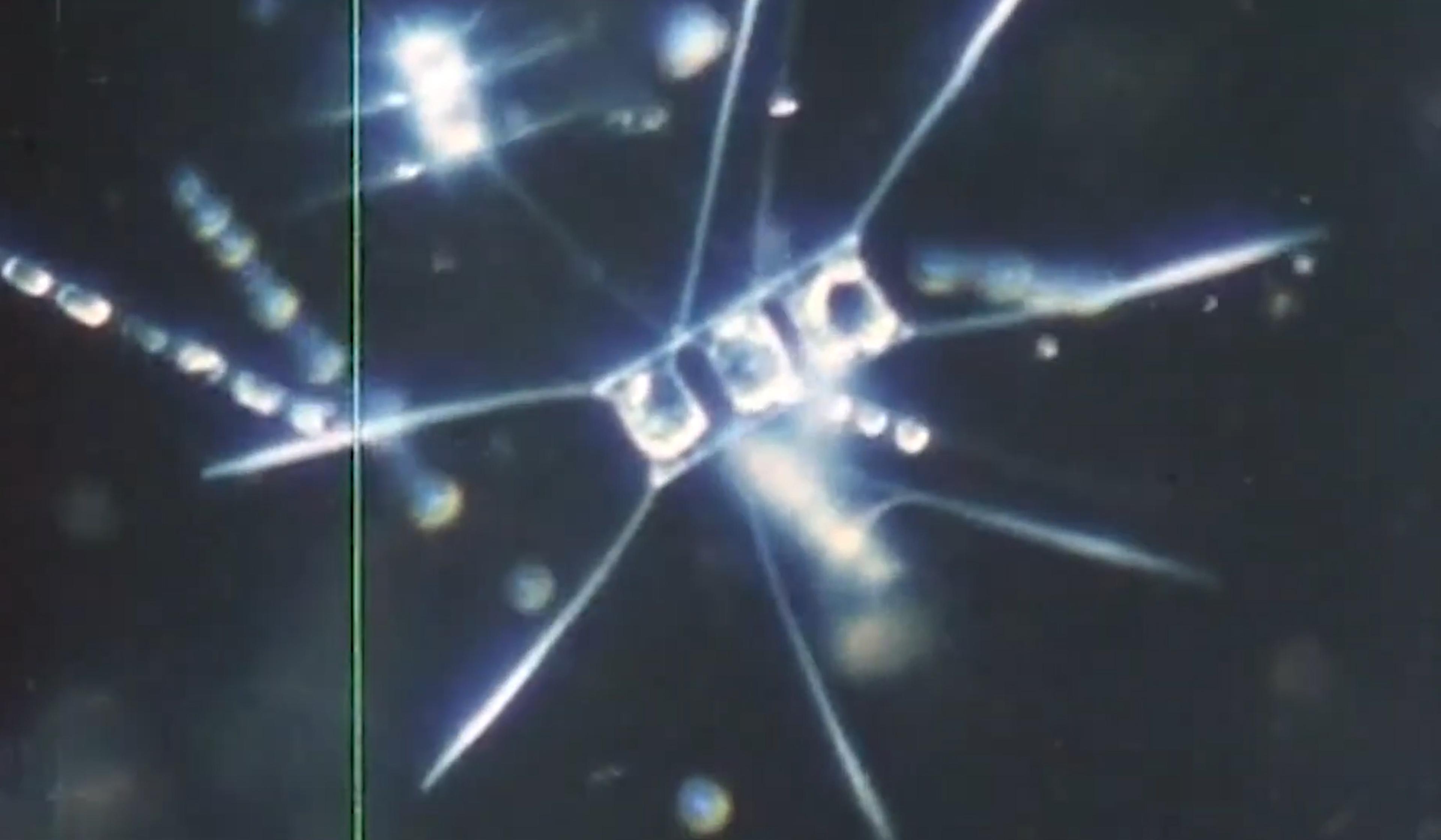
videoMetaphysics
Simple entities in universal harmony – Leibniz’s evocative perspective on reality
4 minutes

videoPhilosophy of mind
‘Am I not at least something?’ A surreal dive into Descartes’s Meditations
3 minutes
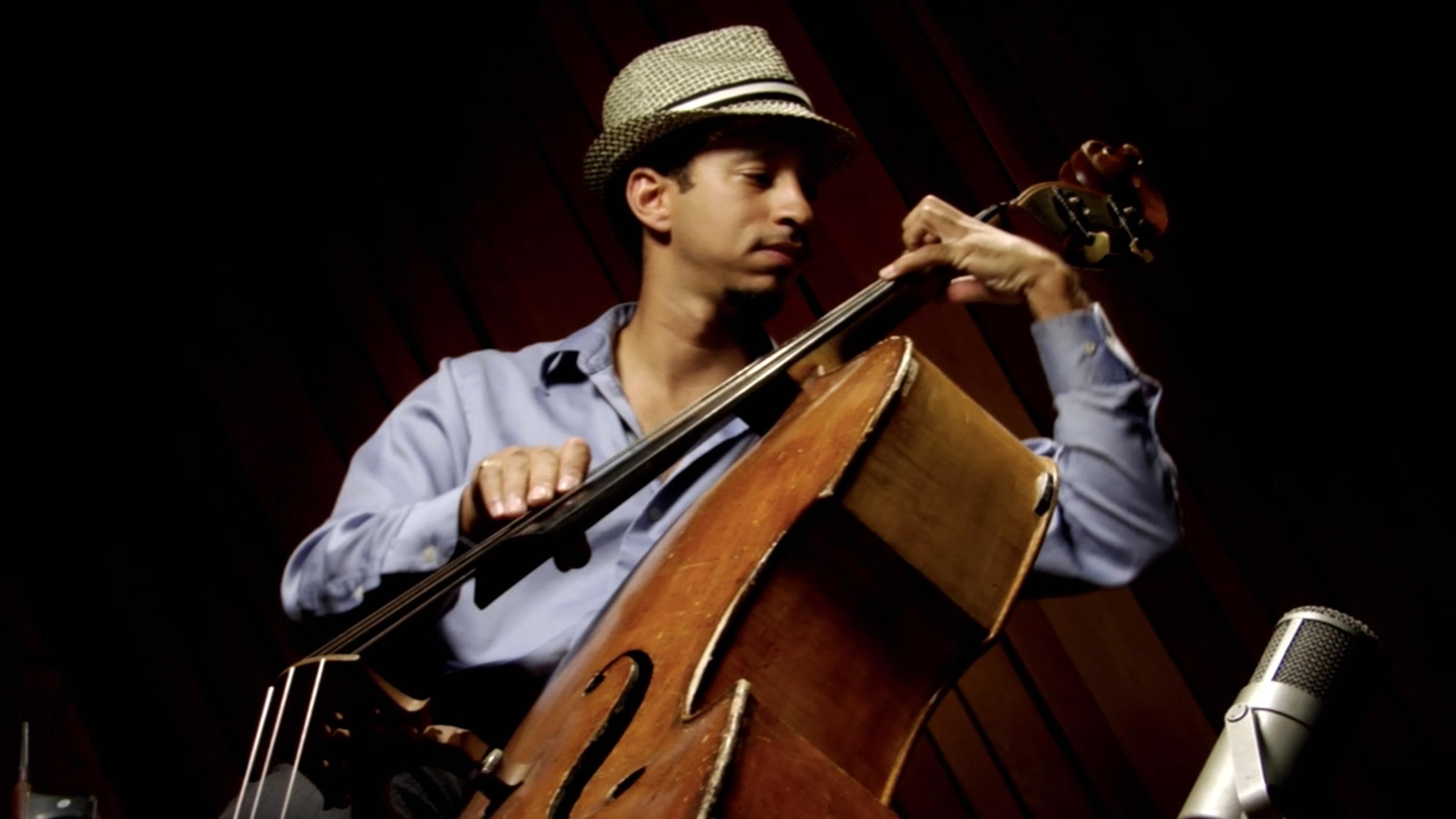
videoHistory of ideas
I am, therefore I think – how Heidegger radically reframed being
13 minutes
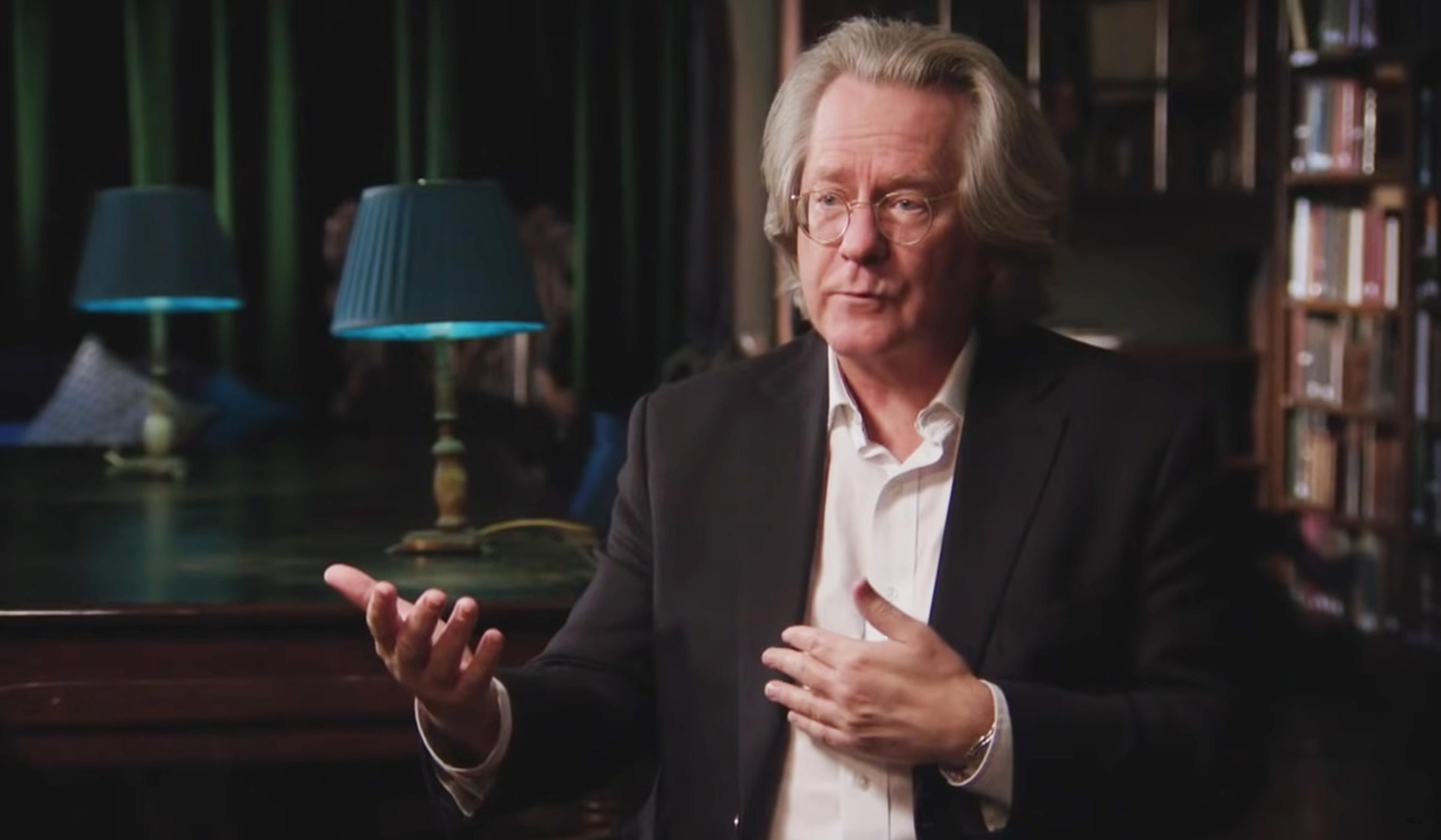
videoMetaphysics
Is the question ‘Why is there something instead of nothing?’ even worth asking?
9 minutes
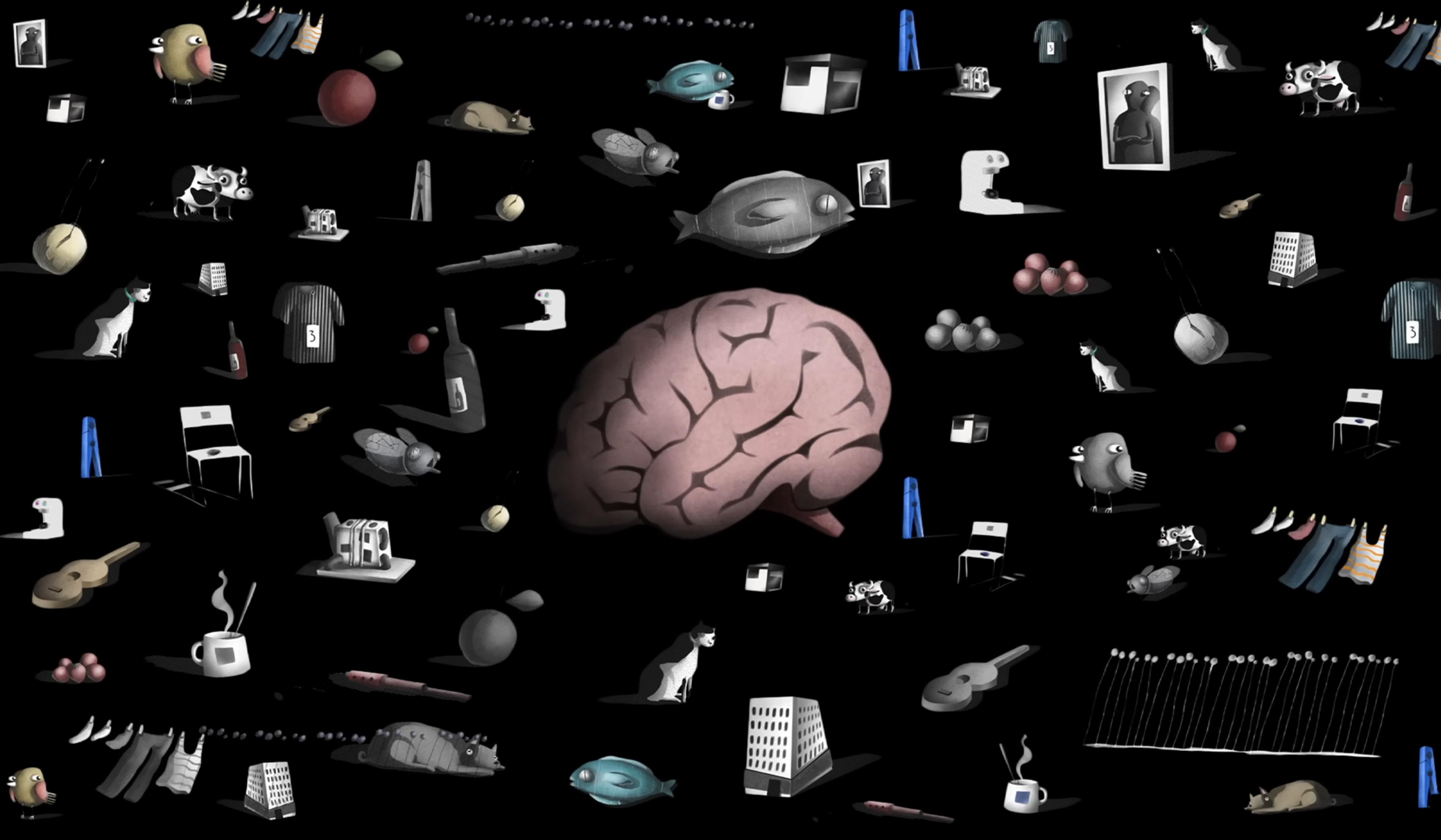
videoLogic and probability
Is it more likely you’re a person with a past, or an ephemeral brain in a void?
6 minutes

videoKnowledge
True mastery demands going beyond the rules to learn for yourself
15 minutes
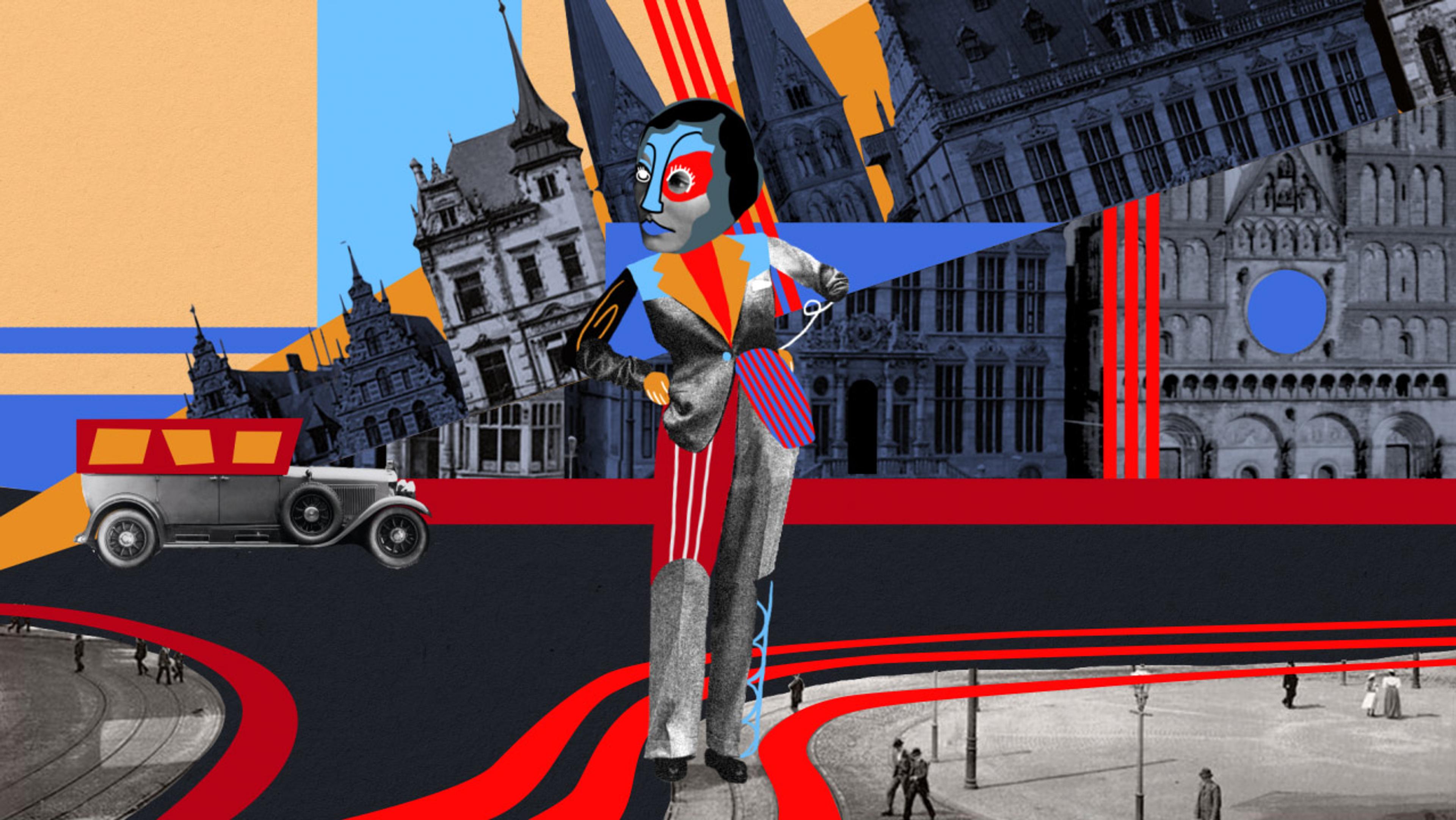
videoHistory of ideas
Splitting the truth: the philosopher that physics forgot
4 minutes
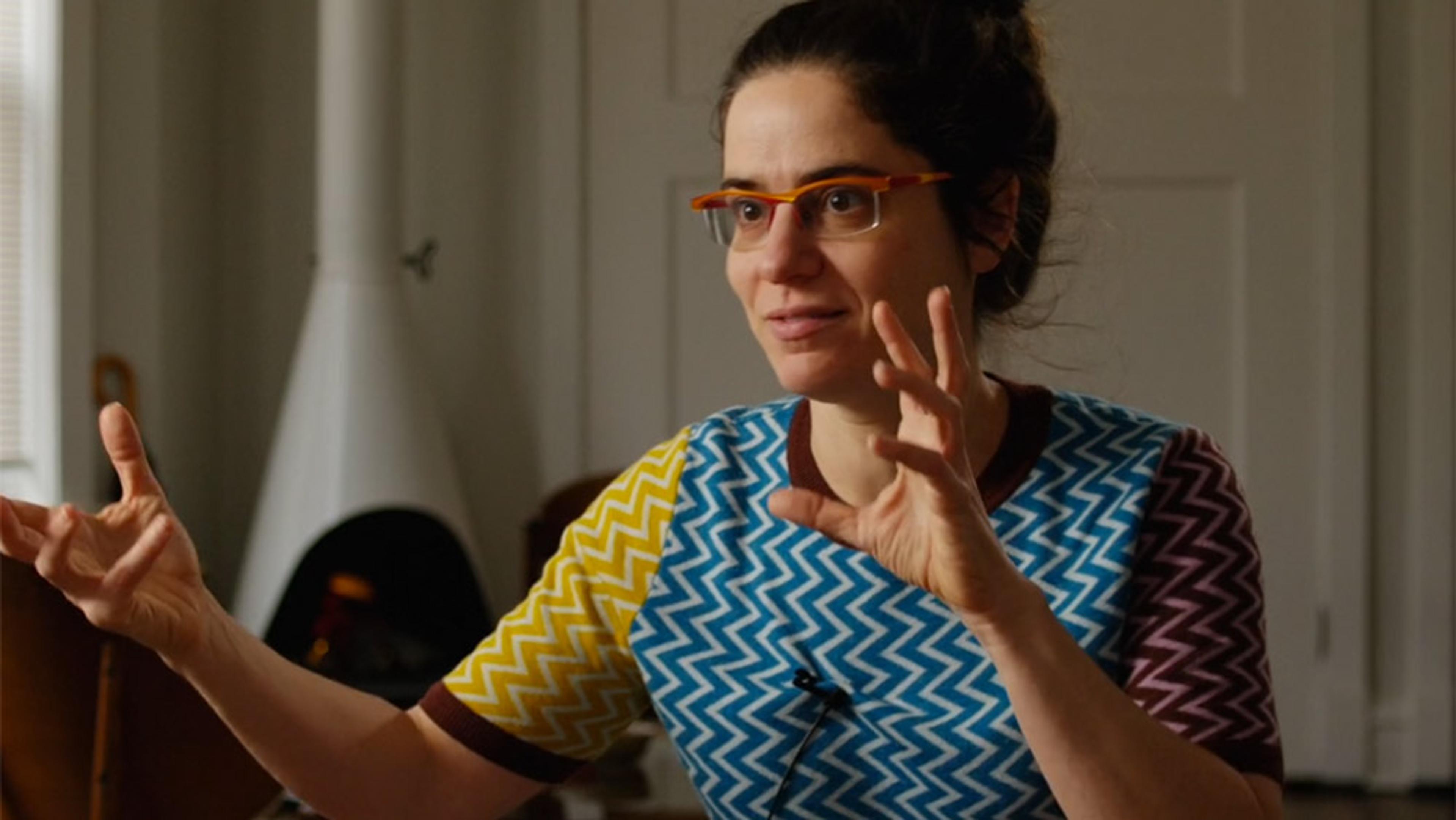
videoValues and beliefs
How the philosophical paradox of aspiration is resolved by a new theory of self-creation
31 minutes
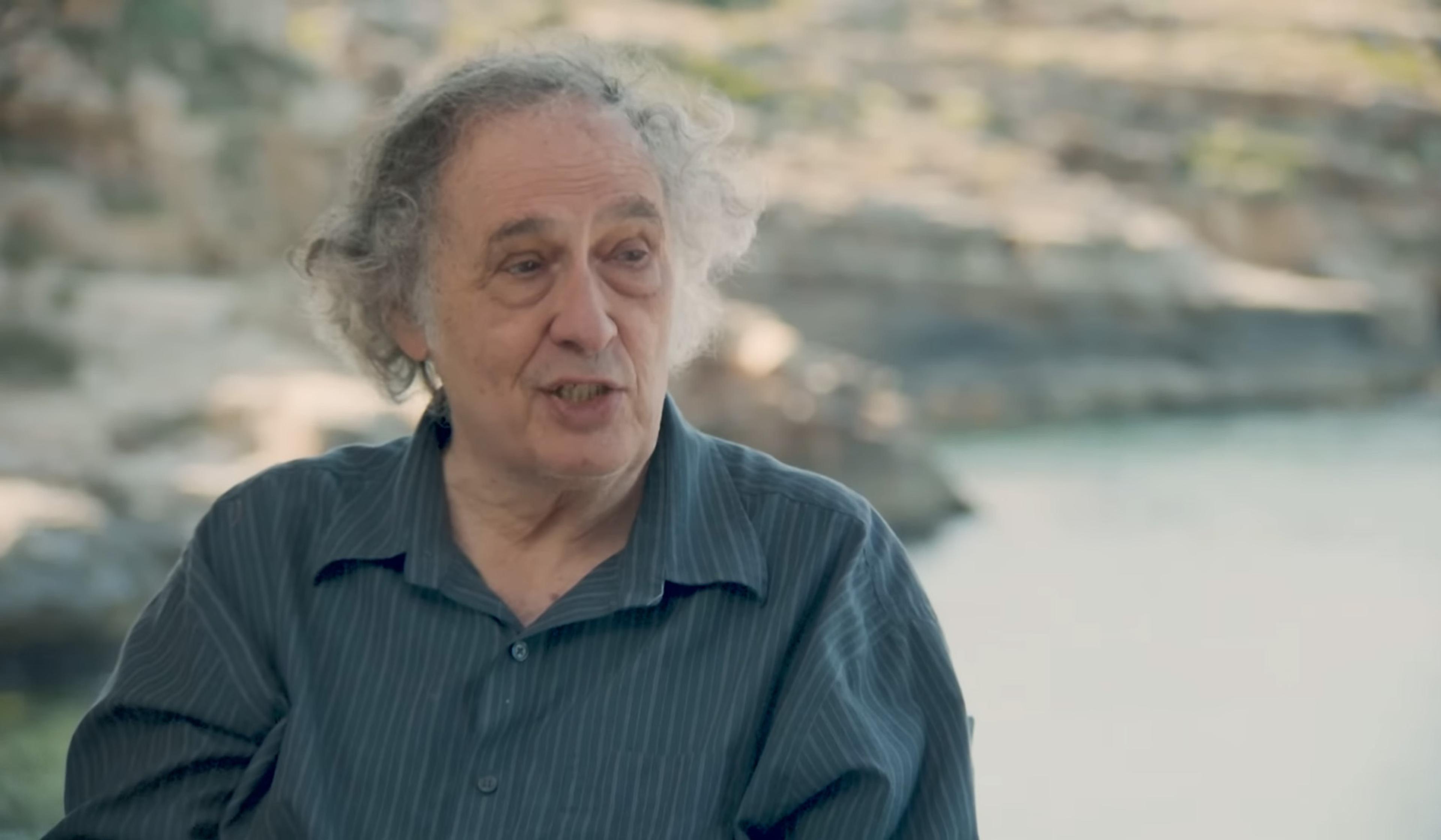
videoMetaphysics
Bertrand Russell wanted to kill off causation. Can contemporary philosophy rescue it?
8 minutes